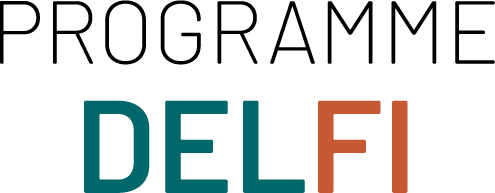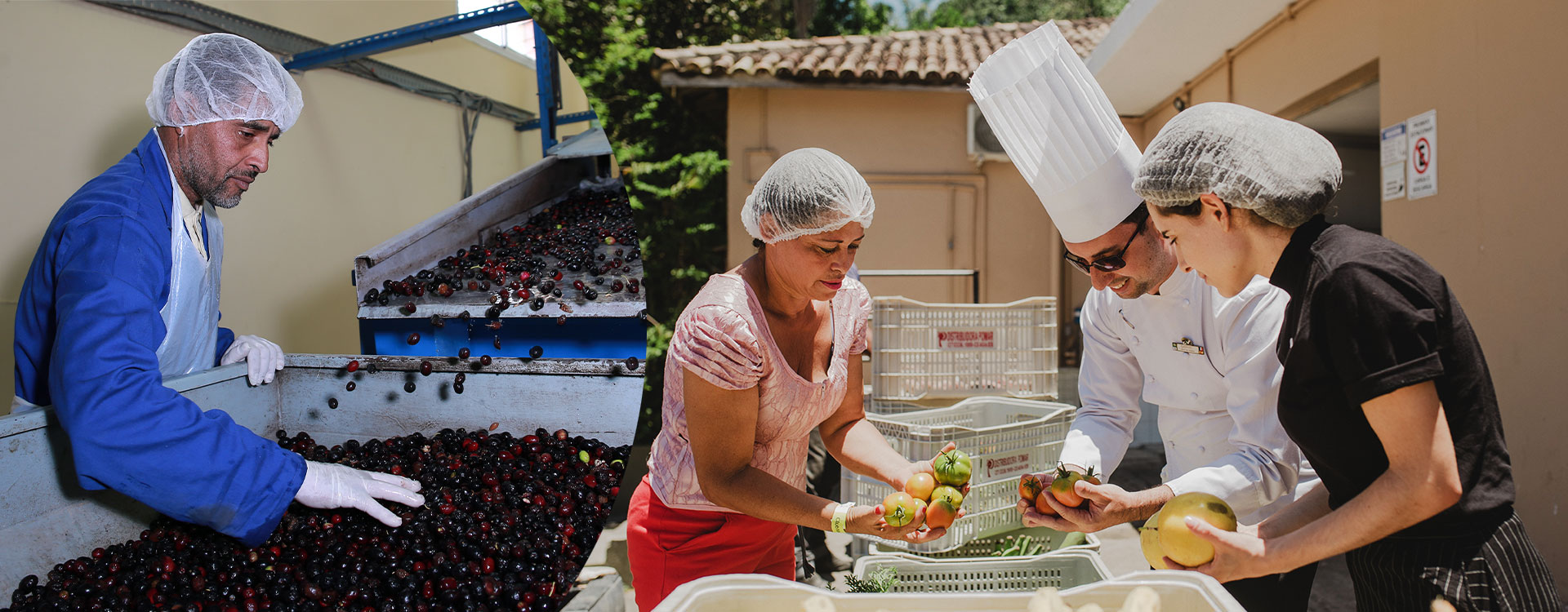
Context / issue
Securing access to markets is a real lever for the development of family farming.
Yet many family farms in developing countries are experiencing real difficulties in selling their produce. They are often perceived as inefficient in terms of regular production, suffer from power relations to their disadvantage, or are in difficulty on unstructured markets or unorganized commodity chains.
For over 10 years, Agrisud and its partners have been setting up and developing local initiatives to secure market access for small family farms in developing countries (Brazil, Morocco, Senegal, etc.).
These initiatives are mindful of:
- The balances between food security for families and local populations, and income generation,
- balances between the various possible markets on different scales (local, regional, national and even international)
- and improving farm resilience in the face of cumulative crises (ecological, health, economic), with a view to sustainability.
The DELFI program aims to strengthen and promote these initiatives, which offer valuable lessons to be learned, to bring about new dynamics of economic transformation for the benefit of the most vulnerable communities.

The DELFI program: improving the economic resilience of family farms and promoting sustainable, inclusive value chains
The aim is to promote connections based on a “win-win” principle, with a positive impact on the territory.
A “win-win” principle for all players in the value chain:
- family farms in precarious situations increase their income through improved production and diversification of secure markets;
- downstream operators benefit from quality products, traceability and are having impact on local communities.
A positive impact on the territory:
- agro-ecological production methods are implemented to improve productivity and preserve natural resources;
- wealth is created and fair redistribution mechanisms are established;
- the ecological footprint of activities is reduced;
- local production methods and products are promoted.
-------------------------------------------------------------------------------------------------
Partnership examples:
- Club Med: Setting up and developing local supply chains for fresh produce / Brazil
- L'Oréal: Development of a quality olive industry / Morocco


